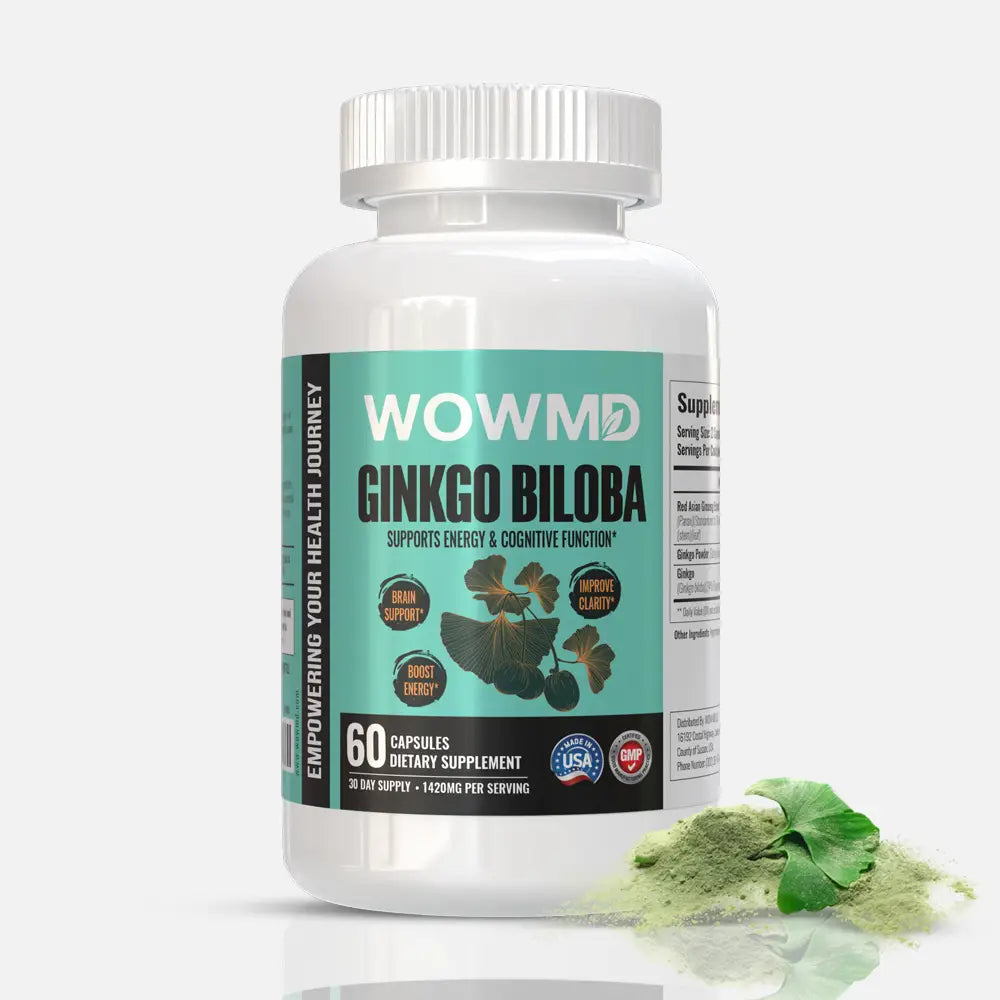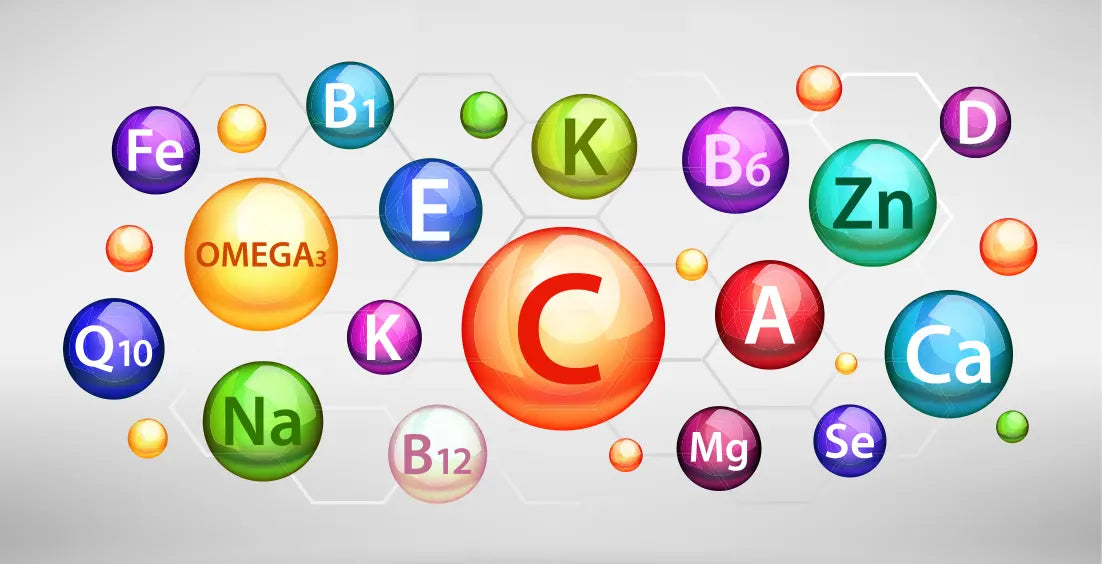Vitamin D: The Sunshine Vitamin
Essential nutrient for bone health and immune function, often called the "sunshine vitamin" due to its unique synthesis through sunlight exposure.
Understanding and Optimizing Vitamin D Levels
An essential nutrient that helps regulate calcium absorption, support immune function, and maintain bone health while influencing numerous cellular processes throughout the body.
Explore more below.
FIND YOUR DAILY ROUTINE
Learning About Vitamin D
Vitamin D stands as a crucial fat-soluble vitamin that plays multiple roles in maintaining optimal health. Unlike other vitamins, it functions more like a hormone in the body and can be produced when the skin is exposed to sunlight. Despite its importance, vitamin D deficiency affects nearly 1 billion people worldwide, making it one of the most common nutritional deficiencies.
Why is Vitamin D Important?
Vitamin D is fundamental for maintaining strong bones by helping the body absorb calcium and phosphorus. It plays a vital role in supporting immune system function and reducing inflammation. Recent research has also linked adequate vitamin D levels to improved mood, better muscle function, and decreased risk of various chronic diseases.
What are the Key Nutrients for Vitamin D?
The primary source of vitamin D is sunlight, which triggers its production in the skin. Dietary sources include fatty fish like salmon and mackerel, egg yolks, and fortified foods like milk, orange juice, and cereals. Vitamin D works synergistically with calcium, magnesium, and vitamin K2 for optimal absorption and utilization in the body.
How Can I Maintain Vitamin D?
Maintaining healthy vitamin D levels involves a combination of safe sun exposure, typically 10-30 minutes several times per week. Include vitamin D-rich foods in your diet and consider supplements if recommended by your healthcare provider. Regular testing can help monitor your levels, especially if you live in areas with limited sunlight or spend most of your time indoors.


 Skin Detoxification Bundle
Skin Detoxification Bundle Complete Weight Loss Bundle
Complete Weight Loss Bundle Heart Care Bundle
Heart Care Bundle Better Immunity Bundle
Better Immunity Bundle  Men's Immunity & Prostate Health Bundle
Men's Immunity & Prostate Health Bundle Stress + Energy + Wellness Combo
Stress + Energy + Wellness Combo  Energy Booster Combo
Energy Booster Combo Natural Skin Care Bundle
Natural Skin Care Bundle Workout Supplements Combo
Workout Supplements Combo Cognitive Health & Vision Combo
Cognitive Health & Vision Combo Joint Health Support Combo
Joint Health Support Combo









































